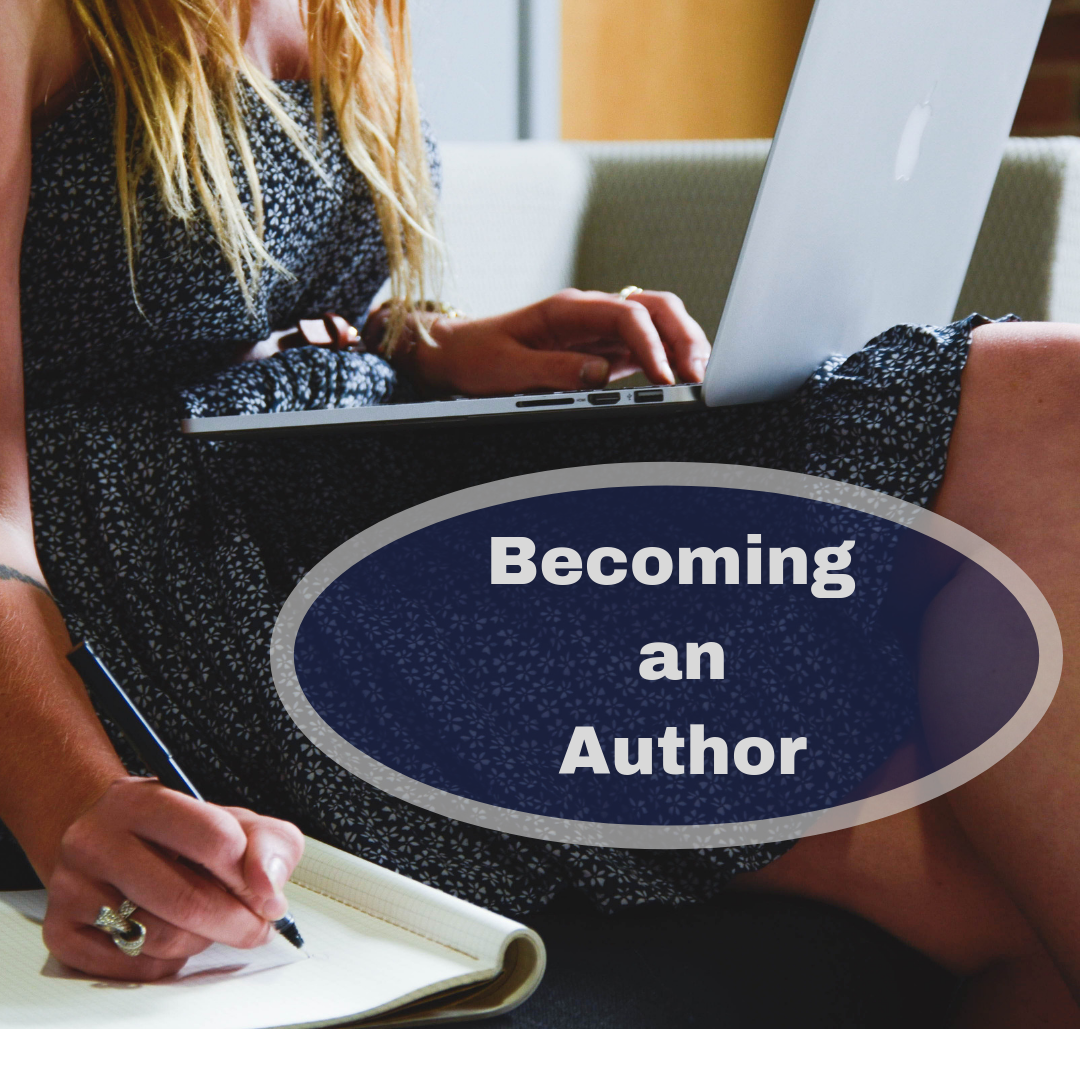I was in third grade when I first fell in love with the craft of writing.
Notice that I said the craft of writing, not the act of writing itself. See, I had already started writing/dictating stories at the age of three—but it wasn’t until my third grade year that I learned more about the storytelling process in school.
This was probably my favorite grade in school simply for this reason alone. My teacher taught our class how to brainstorm, outline, write a rough draft, revise, and write a final draft. We learned the basics of how to write essays and construct stories. Although I was already a “writer,” my writing became more developed as I continued to learn.
Fast-forward several years. In high school, I decided to take my writing seriously. I built my overall education of the craft by taking courses, reading books and blogs, and attending conferences/workshops.
I fell in love with the process of learning.
It was enthralling to watch my dialogue push the story further and become punchier as I learned how to spot the excess clutter. Sure, I already knew the basics of creative writing—and as an avid reader, I could spot the difference between good and bad storytelling. But it wasn’t until I became a student of a craft that my fiction took on a new level.
I now had the tools I needed to transform a surface-level scene into one that went deeper into the heart and mind of my POV character. The descriptions were given new depth as I applied techniques that “showed,” allowing readers to feel the warmth of the sun on their skin rather than simply being told about how it was a “hot and sunny day.”
Sure, I could’ve written stories without this education—but why would I have wanted to risk that? By becoming a student of the craft, I was learning how to write a story of publishable quality. One that could provide a richer reading experience. One that would have higher chances of landing a publishing contract in today’s age.
Not only that, but being a student of the craft is exciting! Why wouldn’t I want to immerse myself in learning from professionals about this passion of mine? Especially since I wanted to be the best writer possible, delivering stories of top-notch quality rather than simply mediocre stories.
Now, as a literary agent and YA acquisitions editor, I can always tell when a writer has done his/her homework in learning the craft. When I find a writer who is also a student of the craft, this is another way that they achieve the “it factor” in my mind.
But if studying the craft is this important, then why are so many aspiring authors reluctant to put in the effort?
In the next post, I will share five of the most common reasons why writers often neglect to build their writing education.
In the meantime, share your thoughts in the comments! I’d love to hear if you, too, are a student of the craft—or if you’re the kind of writer who would rather write intuitively without the distraction of “rules” hindering creativity.

Tessa Emily Hall writes inspirational yet authentic YA fiction to show teens they’re not alone. Her passion for shedding light on clean entertainment and media for teens led her to a career as an Associate Agent at Hartline Literary Agency, YA Acquisitions Editor for Illuminate YA (LPC Imprint), and Founder/Editor of PursueMagazine.net. Tessa’s first teen devotional, COFFEE SHOP DEVOS, will release with Bethany House in 2018. She’s guilty of making way too many lattes and never finishing her to-read list. When her fingers aren’t flying 116 WPM across the keyboard, she can be found speaking to teens, decorating her insulin pump, and acting in Christian films. Her favorite way to procrastinate is by connecting with readers on her blog, mailing list, social media (@tessaemilyhall), and website: tessaemilyhall.com.




2 Comments
Well said Ms. Tessa Emily Hall. It’s very important to learn how to write well; as you can see, I’m still learning. As with any skill, the more you practice the right way, the more you learn, the more skilled you become. I can’t say I’ve been formally trained as an writer. I can say I have learned by watching, learning, questioning, and practicing. It’s so important to remember everyone can be a writer, but you become an author when you’ve learned to apply your skill/trade effectively. God’s blessings young lady.
You’re spot on, Tessa. I’m still trying to learn the craft even though by so doing, some of my favorite stories now seem dull and lacking in good story-telling.